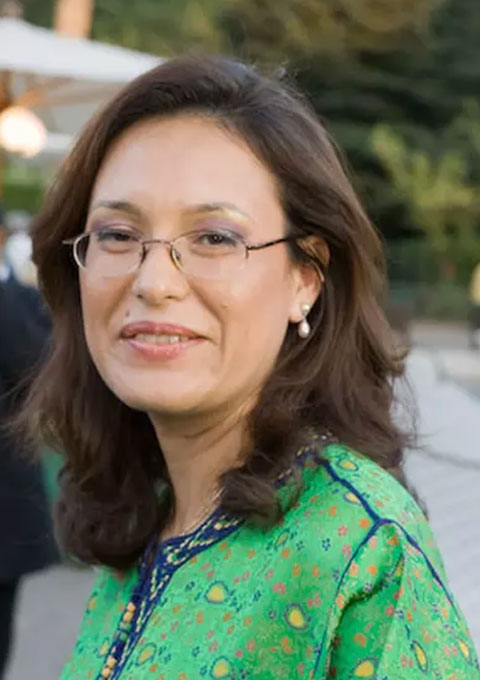Le Policy Center for the New South organise un webinaire mercredi 3 février 2021 à 15h (GMT+1) consacré à la présentation de son Rapport Annuel sur l’Economie de l’Afrique 2020. A cette occasion, plusieurs auteurs du rapport présenteront le fruit de leurs recherches et analyses. L’Economie de l’Afrique 2020 est la deuxième édition du Rapport économique que le Policy Center for the New South consacre chaque année à notre continent. Dans cette nouvelle livraison, nous restons fidèles à la démarche suivie lors du lancement de cette initiative : contextualiser rigoureusement les performances économiques de l’Afrique ; appréhender les changements qui traversent les Communautés économiques régionales (CER) dans la voie de l’intégration africaine ; analyser les décisions prises par l’Organisation continentale dans la mise en œuvre de l’ambitieux projet de zone de Libre-Echange. Une démarche qui nous met au cœur des grandes questions de développement de l’Afrique, leur permanence, leur récurrence et leur nouveauté.











